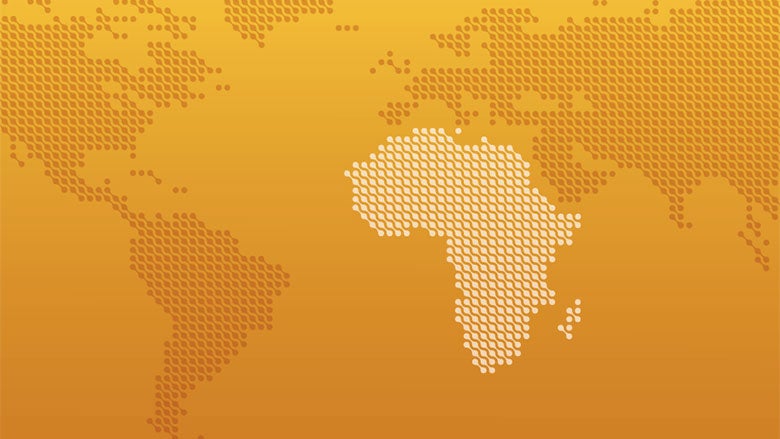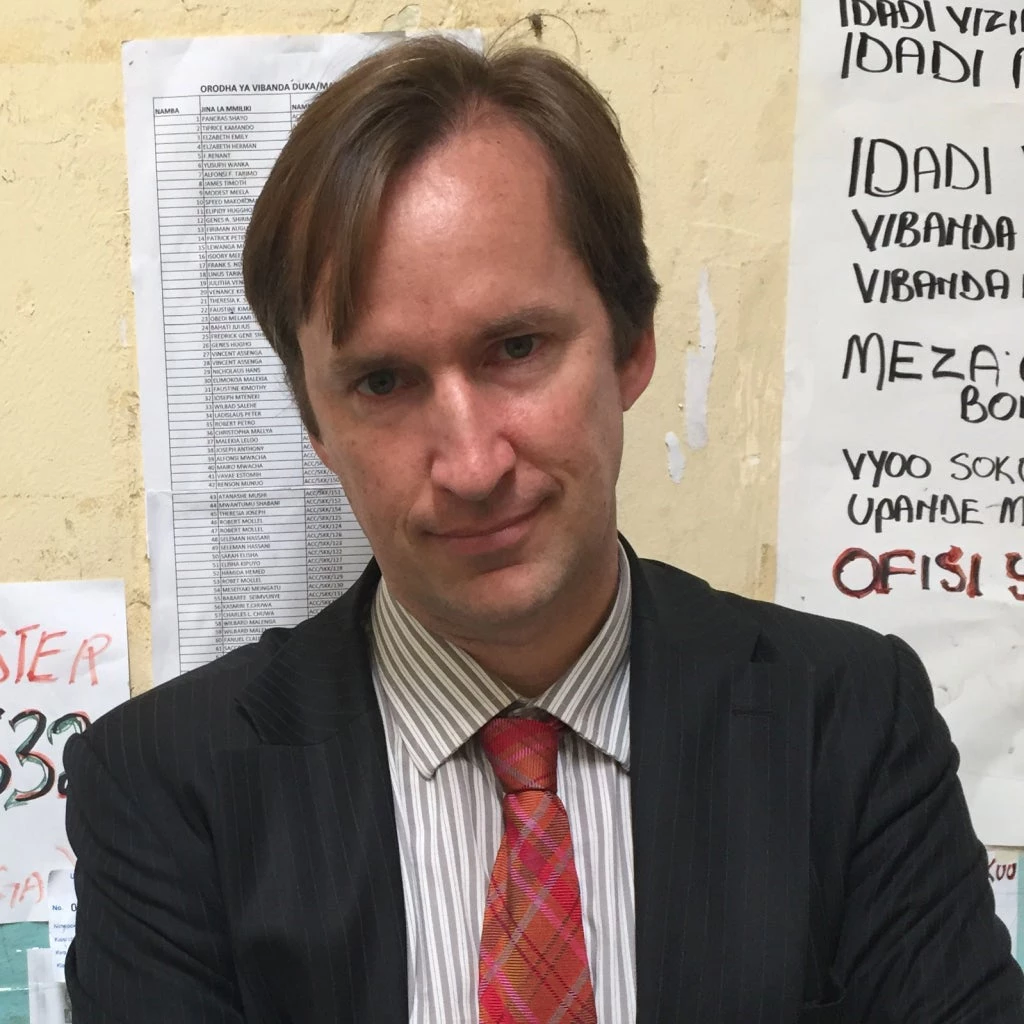
In the Africa Chief Economist’s Office, we seek to generate knowledge on key development issues around the continent. We also host the Gender Innovation Lab, which – as the name suggests – specifically generates evidence on how to close the gender gap in Africa. Over the course of 2018, we’ve produced a range of products (regional reports and updates), but we also produce academic articles and book chapters seeking to answer key, specific development questions.
Below, I give a rundown of just some of those articles from this year.
Human capital
- “Human capital accounts for the lion’s share of a country’s wealth, and typically a higher share in upper-middle-income and high-income countries than in poorer countries.” (Hamilton et al.)
- Patient satisfaction surveys usually frame questions positively (Do you agree that people treated you respectfully?). An experiment in Nigeria shows that this results in inflated measures of satisfaction. (Dunsch et al.)
- Certain characteristics are associated with more effective teacher professional development. Many country-level programs don’t have those characteristics. (Popova et al.)
- Providing school uniforms in Kenya increase student attendance in the short run but didn’t yield educational gains in the long run. (Evans & Ngatia)
- Some religions drive higher fertility rates and affect human capital investment. In Southeast Asia, being Catholic, Buddhist, or Muslim all significantly raise fertility, but the pattern on investment and subsequent impact on growth diverges. (de la Croix & Delavallade)
- Tuberculosis patients in India learn more about the disease over the course of treatment, especially when they share a language with or are closer in age to their medical provider. (Huddart et al.)
- Small, participatory discussion groups in Rwanda reduced intimate partner violence and increased contraceptive use. (Doyle et al.)
Macroeconomics
- Across 82 countries, “trade in manufacturing helps reduce” real exchange rate – RER – “volatility while non-manufacturing trade may contribute to higher RER volatility. Financial openness mitigates (amplifies) RER volatility in a country with higher (lower) share of foreign equity vis-à-vis foreign debt liabilities. A greater share of equity in external liabilities can improve the country's resilience to external shocks.” (Calderón & Kubota)
- “Industrial countries and emerging markets economies (EMEs) have experienced a wild ride on gross capital inflows over the past 15 years.” Why? Quarterly data from 79 countries over 40 years yield insights. (Calderón & Kubota)
- “There is a positive effect of remittances on the current account contemporaneously, but that the lagged effect is negative, which could be indicative of the existence of some underlying mechanisms characteristic of the Dutch disease phenomenon.” (Lartey)
- “Financial development exerts a positive influence on the relationship between exchange rate flexibility and GDP growth as well as total factor productivity growth.” (Kassa & Lartey)
- “Breaking with history, Sub-Saharan African countries were able to conduct countercyclical policies amid the 2008–09 global financial crisis, thanks to built-up liquidity and policy buffers.” (Calderón, Chuhan-Pole, & Some)
- “Greater financial openness, deeper financial systems, and more rigid exchange rate regimes amplify countries’ exposure to the global financial cycle.” (Barrot & Serven)
Energy and infrastructure
- In Sub-Saharan Africa, low electricity tariffs result in utilities losing money on each customer connection. Low electricity use makes it hard to recoup costs. “Future advances in electrification will require higher incomes, increased coverage of the distribution network, and lower connection costs.” (Blimpo, McRae, & Steinbuks)
- Providing citizens with electricity increases their attitudes towards tax compliance. (Blimpo et al.)
- Calderón, Cantu, & Chuhan-Pole provide “a scorecard on infrastructure development in Sub-Saharan Africa over the past decades along four sectors (telecommunications, electric power, transportation, and water and sanitation) and three dimensions (quantity, quality, and access).”
Firms and enterprise
- How to bring small firms into the formal sector? In Malawi, “coupling registration assistance with the bank information session increases the use of formal financial services, and results in increases in firm sales by 20 percent and profits by 15 percent.” (Campos, Goldstein, & McKenzie)
- “Less productive (higher cost) firms are more likely to exit than their more productive (lower cost) rivals” once one “controls for producers’ transport costs” in Ethiopia. (Jones, Mengistae, & Zeufack)
- In urban Ghana, women entrepreneurs “sometimes explicitly limited business growth” in order to “reinforce their husband's responsibilities as a provider.” Women also prioritized savings over investments to be able to respond to emergencies. (Friedson-Ridenour & Pierotti)
- An intervention to “increase women’s involvement in sugarcane marketing and sales” worked best when husbands were more educated or were wealthier. But take-up was high even when those conditions weren’t met. (Ambler, Jones, & O’Sullivan)
- A psychology-based mindset business training worked equally well for women of different education levels. (Campos et al.)
Land and other natural resources
- Political pressures are behind poor choices in governing Nigeria’s oil industry. (Usman)
- Wealth that stems from fossil fuels – “carbon wealth” – brings an array of risks and opportunities. Cust and Manley lay them out.
- Formalization of land rights in Benin shifted households toward long-term investment. (Goldstein et al.)
Safety nets
- In Tanzania, cash transfers increased trust in local government. (Evans, Holtemeyer, & Kosec)
- A basic-income guarantee outperforms workfare on a key welfare measure in India. (Alik-Lagrange & Ravallion)
- After people watch an informational film in rural India in the context of a safety net program, there is “evidence of information sharing, but far less so for disadvantaged groups, such as illiterate and lower‐caste individuals; these groups rely more on actually seeing the movie.” (Alik-Lagrange & Ravallion)
Savings, credit, and debt
- Taking an overdraft on your checking account is an expensive form of credit. In Ghana, late salary payments significantly increase overdrafts, which then lead to even more overdrafts in the future! (Buehren et al.)
- A commitment savings product in Ghana increased savings for bank clients with low overdraft histories, but not for those with high ones. (Buehren et al.)


Join the Conversation